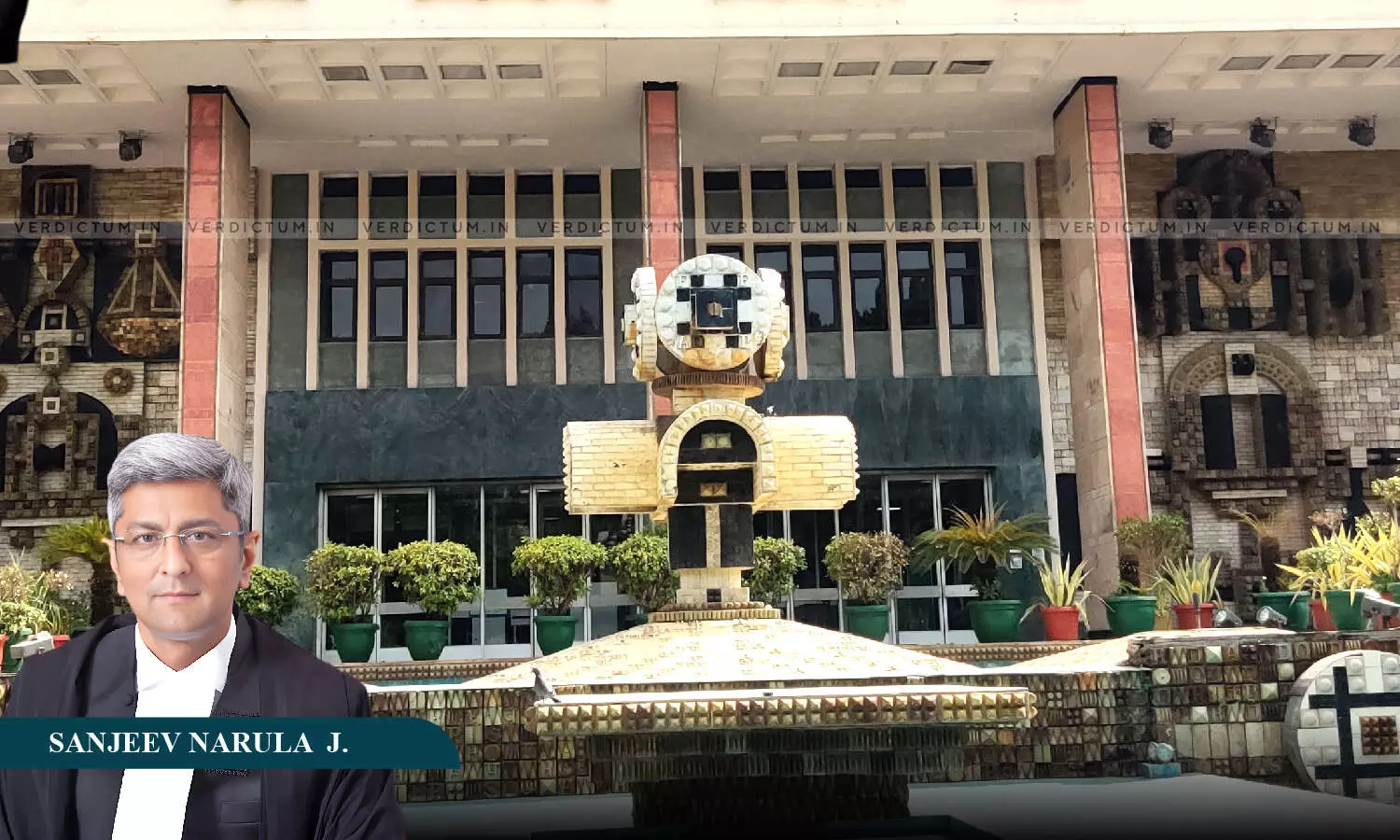
Mere Pendency Of Criminal Case Does Not Automatically Disqualify Individual From Exercising Right To Long-Term Opportunities Abroad: Delhi HC Orders Police To Issue PCC For Visa
 |
|The Delhi High Court has held that the mere pendency of a criminal case does not automatically disqualify an individual from exercising their right to seek long-term opportunities abroad.
The Court directed passport authorities to issue a Police Clearance Certificate (PCC) to the petitioner, who had applied for a Start-up Visa Programme but was denied the PCC. Aggrieved by the same, a petition was filed under Article 226 of the Constitution. The Court clarified that while the State can impose reasonable restrictions on fundamental rights under Article 19(6) of the Constitution, denying the PCC due to pending FIRs, without conviction or a finding of guilt, was an "unreasonable restriction.”
A Single Bench of Justice Sanjeev Narula observed, “However, it must be emphasized that mere pendency of a criminal case does not automatically disqualify an individual from exercising their right to seek long-term opportunities abroad. While Respondent No. 1 - the Ministry of External Affairs, is correct to point out their obligation to provide accurate information to the foreign authorities, this responsibility does not extend to unjustly curtailing the Petitioner’s right to apply for a long-term Visa.”
Advocate Rajiv Arora appeared for the petitioner, while Advocate Usha Jamnal represented the respondents.
An FIR was registered against the petitioner based on complaints from Enforcement Officers of the Employees Provident Fund Organization, alleging that while the Petitioner deducted Provident Fund (PF) contributions from the wages of employees working at DMRC and NPL sites, he failed to deposit the same in accordance with the provisions of the Employees Provident Funds and Miscellaneous Provisions Act, 1952 (EPF Act).
The High Court noted that a PCC was issued by the Passport authorities to confirm the absence of criminal antecedents, primarily for the purpose of long-term visa and immigration requests.
“Even though the PCC is not strictly governed by the Passport Act, 1967, or the Passport Rules, 1980, it finds mention as a miscellaneous service to assist Indian nationals who are required to comply with specific requirements of the immigration authorities of foreign countries…However, the Regional Passport Office can only issue a PCC if it receives a ‘Clear’ Police Verification Report from the relevant authorities.” the Bench explained.
The Court noted that the petitioner had been granted anticipatory bail in connection with the FIRs filed against him and the Trial Court had not imposed any restrictions on the petitioner’s travel. “The rights and interests of the Petitioner must be balanced with Respondents’ obligation as a sovereign,” it held.
“The primary role of a PCC is to ensure transparency about an individual’s background, not to impose blanket restrictions on the basis of pending cases. Moreover, the Petitioner’s right to work and freedom of movement, must not be unjustly restricted solely on the existence of these FIRs,” the Court remarked.
Consequently, the Court directed the issuance of a PCC towards the petitioner “explicitly mentioning the pending criminal case against him.”
Accordingly, the High Court disposed of the petition.
Cause Title: Amardeep Singh Bedi v. Union Of India & Anr. (Neutral Citation: 2024:DHC:7643)
Appearance:
Petitioner: Advocates Rajiv Arora and S.P. Arora
Respondents: Advocates Usha Jamnal and Hussain Adil Taqvi